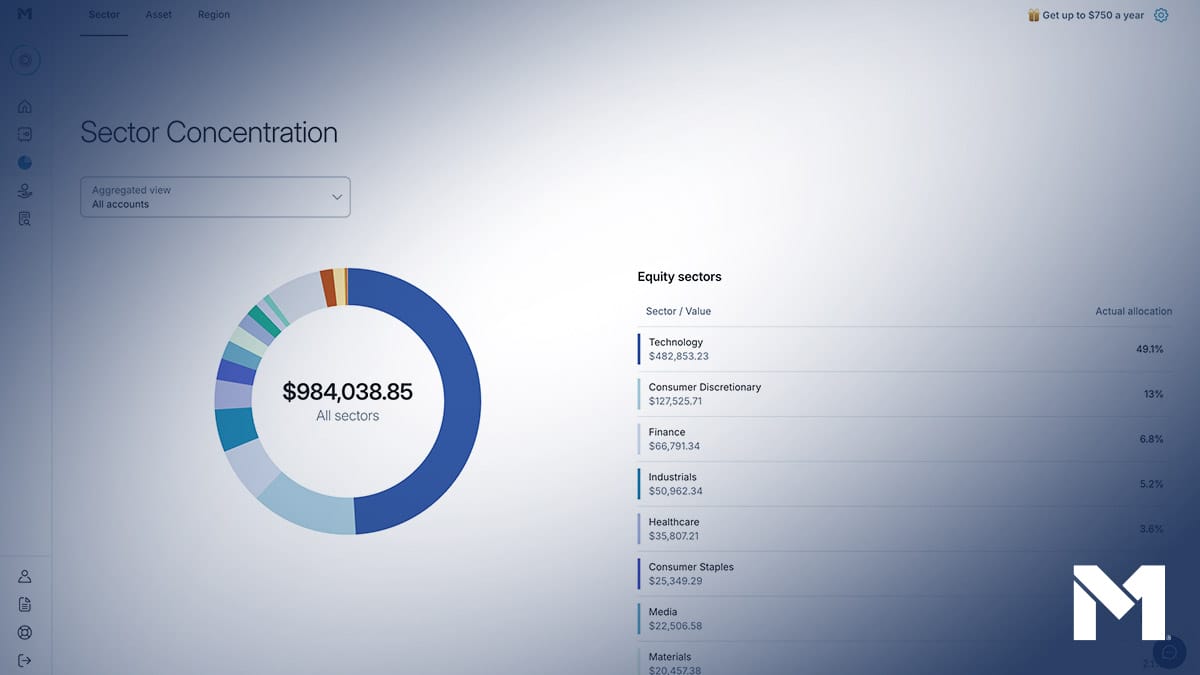Tiny Habits: a smart investor’s superpower

When you want to improve an aspect of your life, one degree of difference adds up
Let’s say you’re a decent writer who’s always, always wanted to write a book—except that every time you resolve to finish 10 pages a sitting, you walk away frustrated and quit. But what if you settled on a half-page a day? Just half a page. That you can do. Elapsed time: 20 minutes.
Return after six months? Ninety pages.
Welcome to the world of “Tiny Habits,” where we all get to walk our talk on the journey to improving our financial wellness.
A huge bankroll and a Bloomberg terminal are fine as far as super resources go if you have them. But they’re not the same as a smart investor’s one true superpower: habits.
To those of us who have collapsed on the altar of failed diets and unresolved resolutions, that might sound disappointing. But according to Stanford University researcher Dr. BJ Fogg, small changes hardly add up to small change.

What are Tiny Habits?
With more than 20 years of studying human behavior under his belt, Dr. Fogg developed a methodology that supports the long-term changes we all want to make.
He even wrote a book on the subject, “Tiny Habits: The Small Changes That Change Everything.” And, if you’re looking for a shorter summary, Fogg provides one on his tinyhabits.com website. Tiny habits, tiny description.
As he puts it, there are three portals to lasting, meaningful change: have an epiphany, change your environment, and/or take baby steps.
Unlike the self-improvement gurus dotting the internet, it’s refreshing to hear Dr. Fogg eliminate the first right away. “Creating an epiphany is difficult,” Fogg says. “So rule out Option A unless you have magical powers—I don’t.”
For example, you know that becoming an educated investor is important to you. But to get there, you feel something big must happen. Accompanied by a major revelation. And a 20-step, five-year plan.
Granted, that could work for some of us, perhaps a very select few. The rest of us will want to opt for something simpler.
That leaves the latter two options (change your environment and baby steps), which form the cornerstones of the Tiny Habits methodology.

How does this translate to investing?
Simply put, smart plans are based on a long game. And some of the smartest investors increase their acumen by exercising tiny habits over time that reinforce human behaviors centered on patience, commitment and delayed gratification.
Trouble is, that doesn’t sound exciting compared to a world filled with celebrity day traders and get-rich-quick formulas. Nor does it help that the media glamorizes speculative bets that make people wealthy at the drop of a hat.
It’s easy to fall for timing the market, but investing isn’t for those who covet a quick fix or treat their dollars like a casino bankroll.
And if you’re wondering why these risky practices persist, it’s because too many people let their emotions and adrenaline do the talking. Former Fed Chair Alan Greenspan did not coin the Wall Street phrase “irrational exuberance” out of thin air. People are missing the fundamentals because the fundamentals sound like they require a lot of work and motivation.
So here’s the good news: Where great habits are concerned, Dr. Fogg stresses that you don’t need motivation.

Let’s look at an example
Say someone wants to start saving more for retirement but feels overwhelmed. They’re a smart investor, but retirement feels like an entirely different world.
They’ve heard that they should put aside 10% of their income into investing for retirement. But that’s a big number, and they still have some student loans to pay off. So, they wait. And wait.
All that time, they’re missing on valuable time in the market where they could have been growing their retirement savings.
Now instead of turning it into a case of all or nothing, they could do something. Something small. A lack of motivation? Nothing wrong with that, if you subscribe to Dr. Fogg’s view.
Think tiny. Really tiny. Like: a few percentage points automated to your retirement account tiny. Then, like Dr. Fogg says, review and adjust.
Even if a tiny habit is on autopilot, it’s important to check in on it every so often. In this case, maybe it’s adding a few more percentage points per year to their retirement contributions. Thanks to compounding, that money can grow depending on the strategy and time in the market.

The magic of starting small
It sounds counterintuitive but when you want to start down the road to significant and lasting changes, motivation is not a factor. Simply put, it’s a moving target we’ll inevitably miss at some point.
Think about a big goal you’ve failed to achieve. We’ve all been there (yes, even us).
Too often, the initial rush of enthusiasm only gets us so far and after an ambitious start, we peter out. It’s just … too … hard. We become intimidated. Anxious. And then we beat ourselves up for losing it in the first place.
Still, there’s a problem: If we know what not to do, what do we do instead? Dr. Fogg suggests that we start small.
Like the example above, starting smaller sooner can produce better results than waiting for the perfect day to start bigger.
And if any subject can trigger anxiety and intimidation, it’s money. Once we’re frozen in our fear, it’s tough to move. But so long as we start small, it’s painless and effortless.

Tiny Habits are everywhere
Financial Tiny Habits aren’t just about retirement contributions.
As a creative leap of Tiny Habit faith, you could sharpen your investing acumen by reading an article about investing every night (perhaps even on the M1 Finance blog).
Or, you could add a certain amount of money to a high yield checking account with each paycheck, instead of a larger lump sum each month.
You don’t even have to break yourself of negative notions such as “I don’t see how I’ll succeed at this.” As long as we take the positive micro-actions, we’ll be able to avoid the grandiose resolutions that are too hard to meet.
The best part is, Tiny Habits don’t only apply to your investments and personal finances.
It’s liberating to know that you don’t need an epiphany, supernatural resolve or a plan fit for a PowerPoint. At least, that’s how we’ve been feeling lately.
Even if it’s a tiny step, it’s still a great first step.
M1 Finance is not affiliated with Dr. BJ Fogg, his books, or other work. We’re just fans.
- Categories
- Invest



